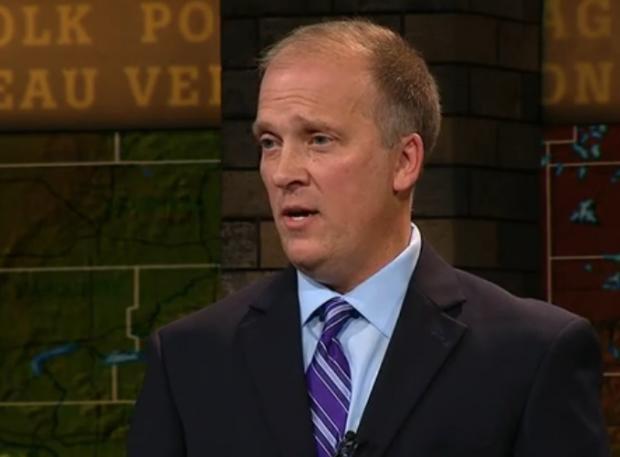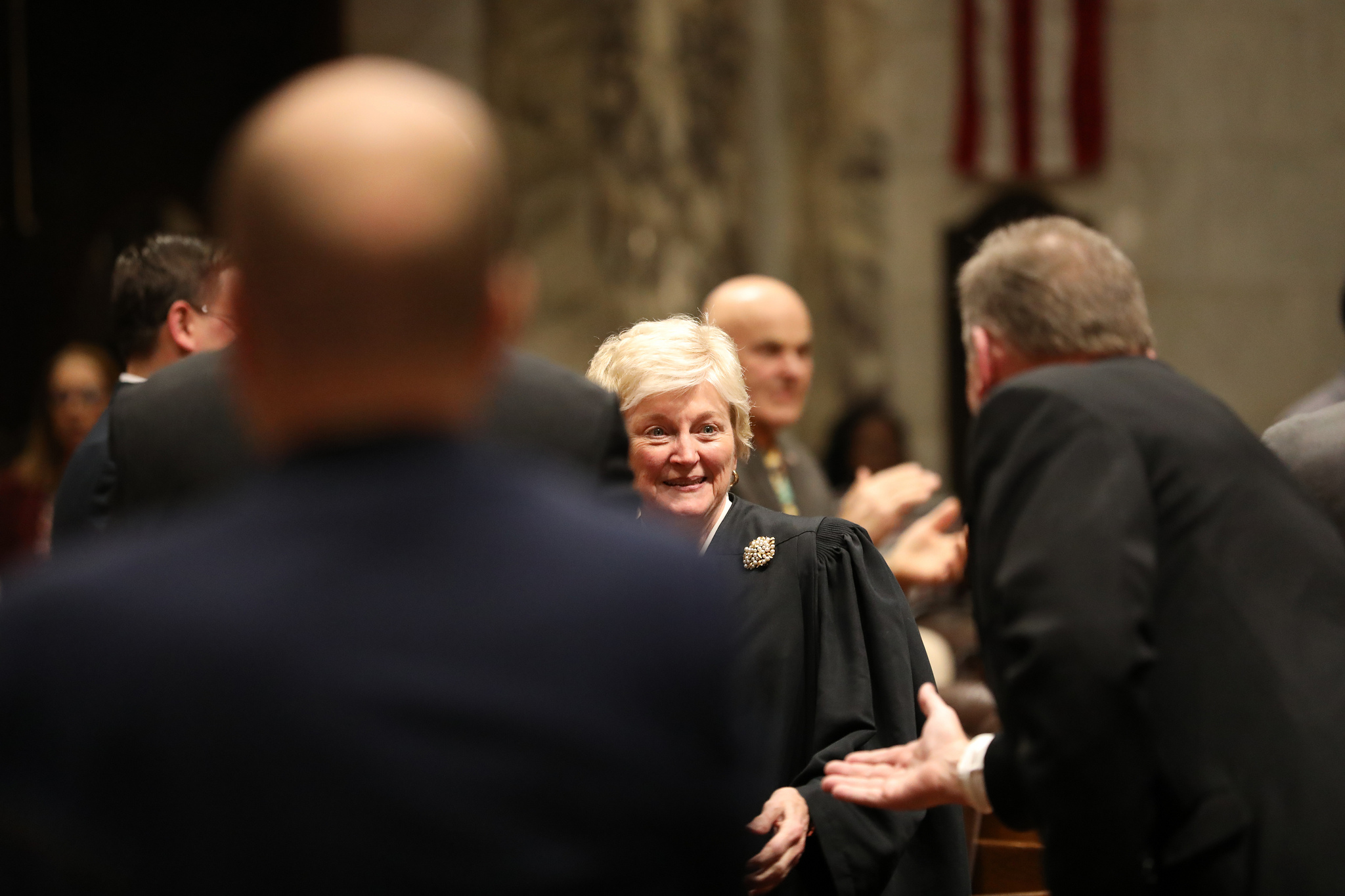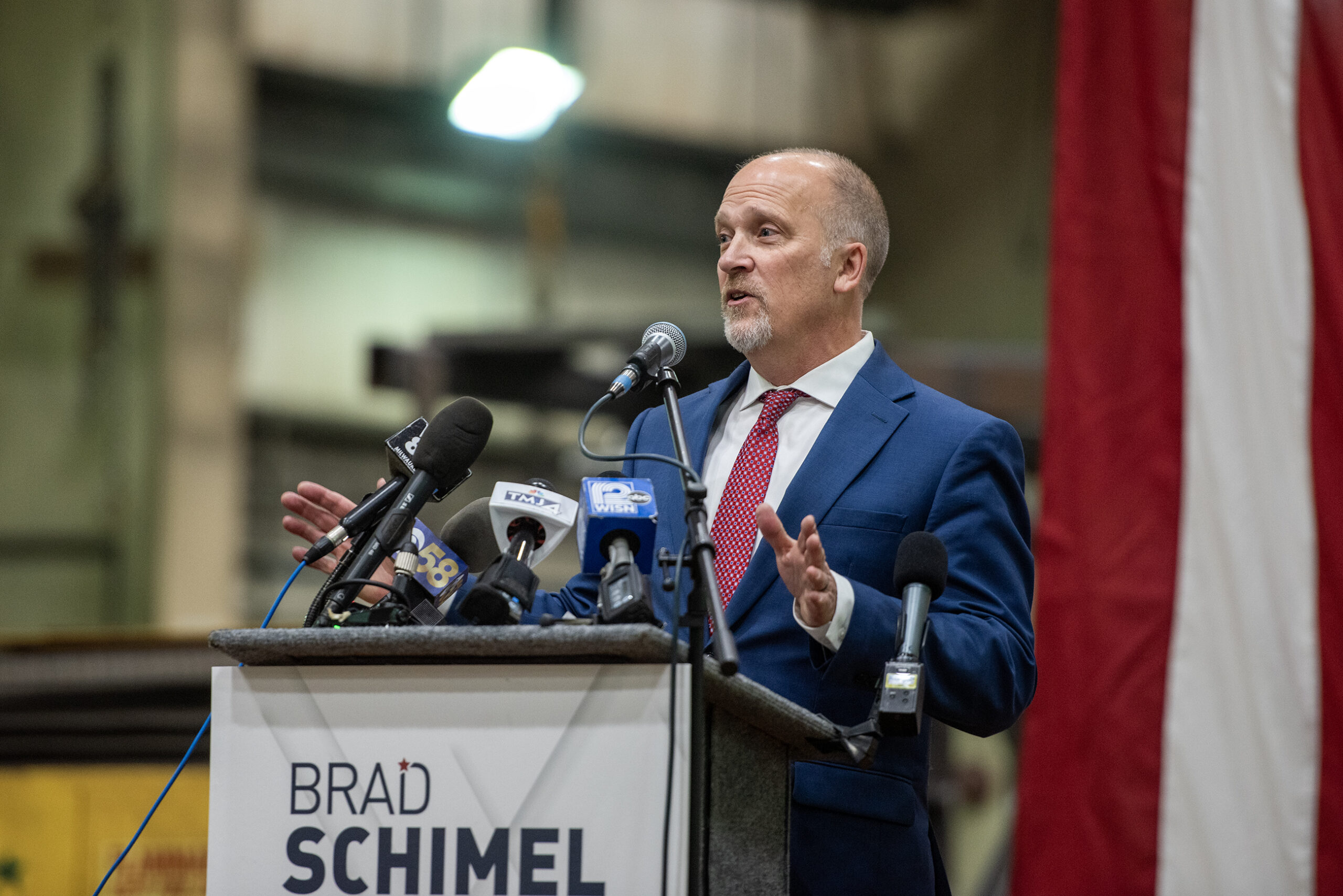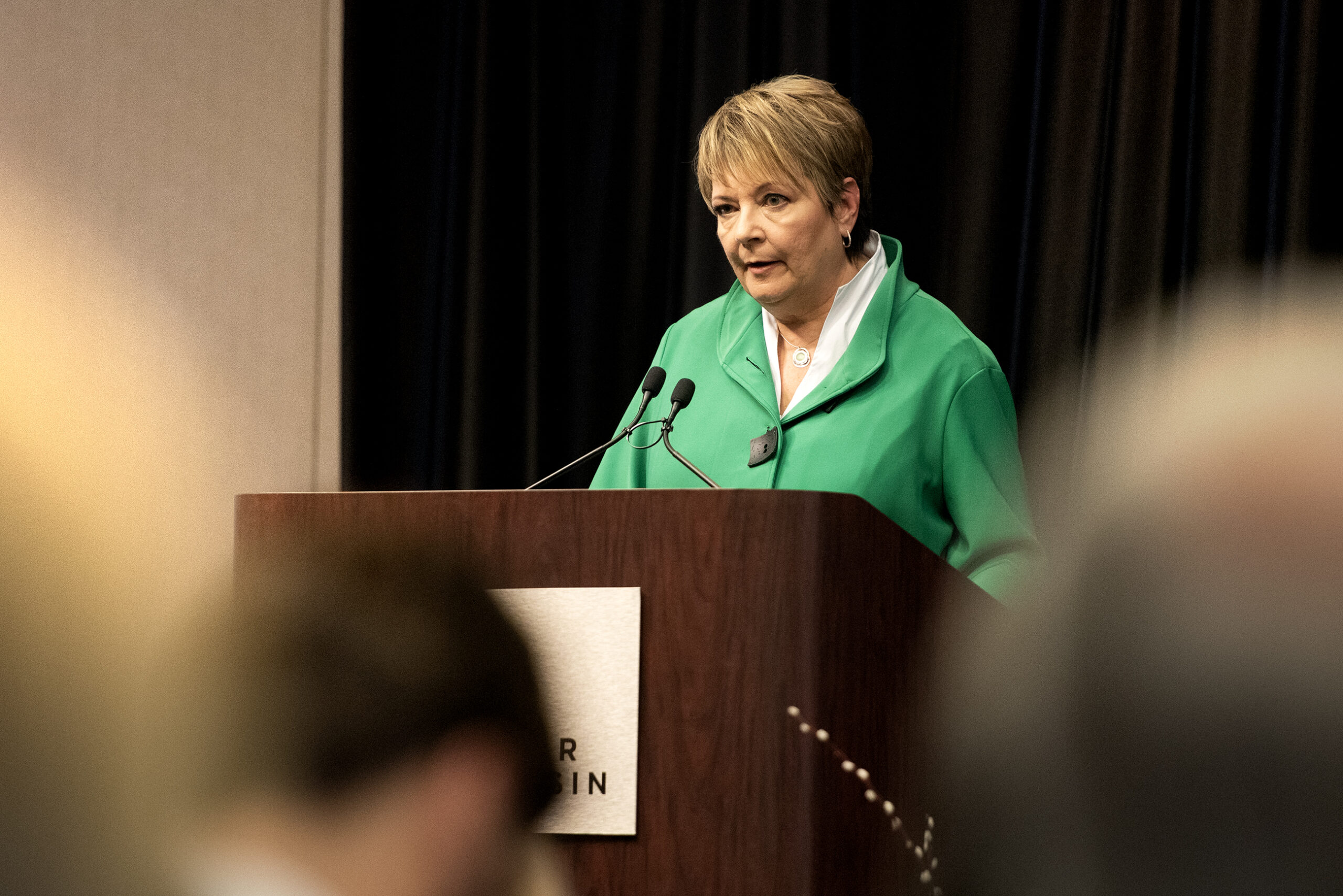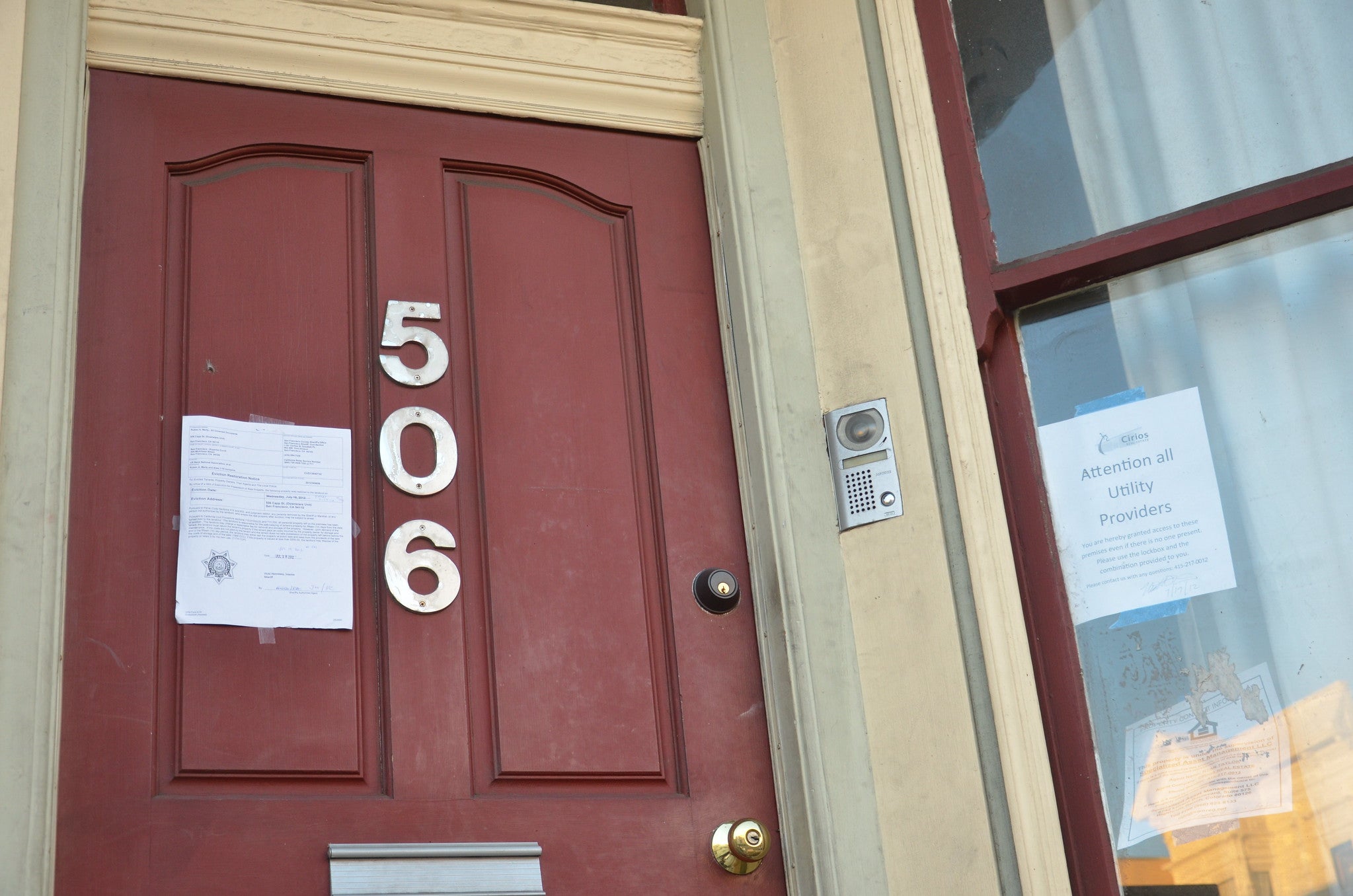While open records advocates say there should be no major changes in the state’s sunshine laws, Attorney General Brad Schimel made the case at an open government summit in Madison Wednesday that that open records policies may need some tweaking.
He said Wednesday that recent efforts by the Legislature to restrict access to bill-drafting documents and the subsequent public outcry that killed the changes make it clear that messing with the laws is like touching the third rail. However, he told reporters he’s open to changes that could keep some records secret to protect the ability of legislators to exchange ideas while drafting new laws.
“I do think the law could address permitting people within an agency to exchange ideas before that becomes the final public document,” Schimel said. “But ultimately that’s going to be up to the Legislature to decide how to craft that.”
Stay informed on the latest news
Sign up for WPR’s email newsletter.
Attorney Robert Dreps of the Wisconsin Freedom of Information Council disagreed, saying he doesn’t trust the current Legislature to amend the law until after they face the voters in 2016 and are forced to defend any proposed changes.
While Republicans on the Legislature’s budget committee initially supported the now-scrapped rewrite of open records rules, opposition came from all political quarters.
Attorney Rick Esenberg of the conservative Wisconsin Institute for Law and Liberty said Wednesday that legislators and those seeking to influence them shouldn’t have an expectation of privacy.
“It seems to me that when you’re in a position to work the mechanisms of government to coerce people to do things, to prevent people from doing things, to take their money and spend it, it seems to me that transparency is the price you pay,” he said.
Esenberg said any changes to the current law should be narrow ones.
Wisconsin Public Radio, © Copyright 2024, Board of Regents of the University of Wisconsin System and Wisconsin Educational Communications Board.

